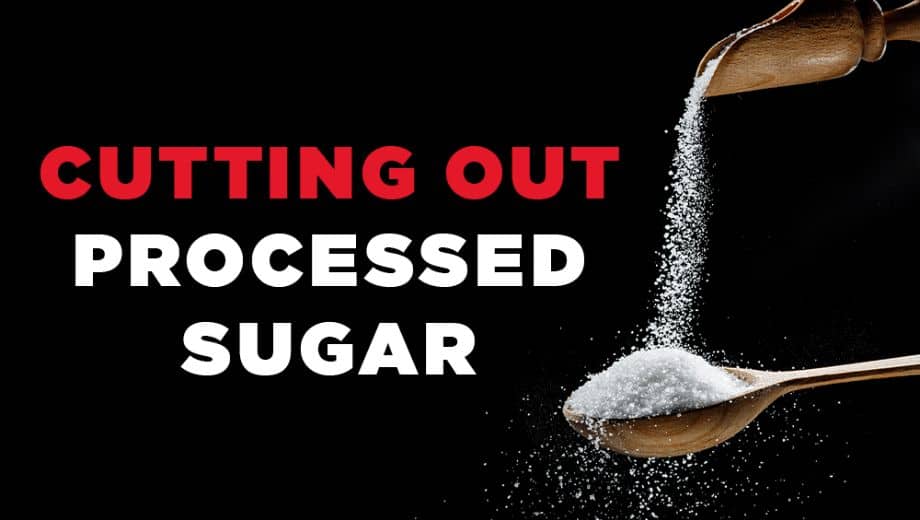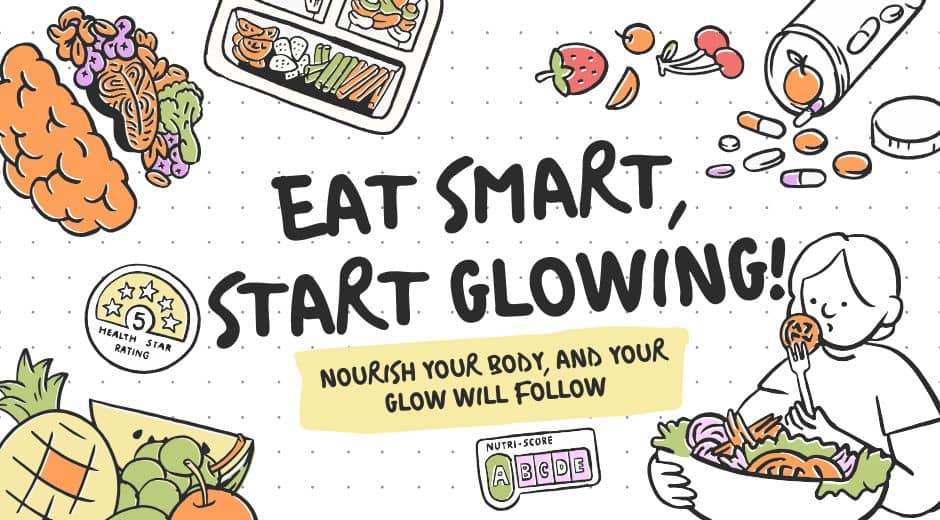The Top 5 Nutrition Myths That Are Holding You Back
The Top 5 Nutrition Myths That Are Holding You Back
Nutrition is a cornerstone of health and wellness, yet misinformation abounds. Every day, new “tips” and “quick fixes” circulate online, often contradicting scientific evidence. Believing these myths can hinder progress, make dieting frustrating, and even impact long-term health.
This article debunks the top five nutrition myths, explains the science behind healthy eating, and provides actionable strategies for building sustainable habits.
1. Myth: Carbs Are the Enemy
Many people avoid carbohydrates to lose weight, believing all carbs are bad. This is a classic nutrition myth.
Truth: Carbohydrates are the body’s primary energy source. Whole grains, fruits, and vegetables provide fiber, vitamins, and minerals essential for health.
Actionable Tip: Focus on complex carbs like oats, quinoa, and sweet potatoes, while limiting refined sugars and processed foods.
Cutting out all carbs can lead to fatigue, mood swings, and nutrient deficiencies. Instead, balance is key.
2. Myth: Fat Makes You Fat
For decades, fat has been demonized, but not all fat is created equal. This common nutrition myth oversimplifies a complex topic.
Truth: Healthy fats support brain function, hormone production, and satiety. Unsaturated fats from nuts, avocados, and olive oil are beneficial, while trans fats should be avoided.
Actionable Tip: Incorporate sources of omega-3 and monounsaturated fats into meals, and track portion sizes without eliminating fat entirely.
Understanding the type and quality of fat is more important than simply cutting it out.
3. Myth: Skipping Meals Helps You Lose Weight
Skipping breakfast or other meals is often recommended as a quick weight-loss tactic, but this is a harmful nutrition myth.
Truth: Regular, balanced meals stabilize blood sugar, maintain metabolism, and prevent overeating later in the day.
Actionable Tip: Eat nutrient-dense meals every 3–4 hours, focusing on protein, fiber, and healthy fats to stay energized and curb cravings.
Consistent meal timing is more effective than restriction-based approaches for sustainable weight management.
4. Myth: Supplements Can Replace Real Food
From protein powders to multivitamins, many rely on supplements instead of a balanced diet — another pervasive nutrition myth.
Truth: Supplements can complement a diet but cannot replace whole foods. Nutrients are best absorbed from natural sources, which provide additional benefits like fiber and phytonutrients.
Actionable Tip: Prioritize a diet rich in fruits, vegetables, whole grains, and lean proteins, and use supplements only when necessary or advised by a healthcare professional.
A plate of balanced, whole foods provides far more than any pill or powder ever could.
5. Myth: Detox Diets Are Necessary
Detox teas, juice cleanses, and restrictive programs are marketed as essential for cleansing the body, but this is a misleading nutrition myth.
Truth: The liver, kidneys, and digestive system naturally detoxify the body. Extreme diets can be harmful, causing nutrient deficiencies and metabolic disruptions.
Actionable Tip: Support your body’s natural detox systems by eating fiber-rich foods, staying hydrated, and maintaining regular exercise.
Rather than short-term cleanses, consistent healthy eating is the most effective way to maintain vitality.
6. How to Navigate Nutrition Information Effectively
With so much conflicting advice online, distinguishing fact from fiction is critical:
Check Sources: Prioritize peer-reviewed research and reputable health organizations.
Consult Professionals: Registered dietitians and certified nutritionists can provide personalized guidance.
Focus on Patterns, Not Perfection: Sustainable habits outperform extreme short-term changes.
Being informed allows you to avoid nutrition myths and make decisions that genuinely support your health goals.
7. Practical Tips for Overcoming Nutrition Myths
Plan meals in advance to avoid impulsive, unhealthy choices.
Include a variety of colors on your plate for balanced micronutrients.
Stay hydrated; water is often overlooked as a key factor in energy and appetite control.
Track habits rather than obsessing over calorie counts.
Educate yourself continually — nutrition science evolves rapidly.
Adopting these practices reinforces correct information, helping you sidestep misinformation and achieve better outcomes.
8. Conclusion: Empower Yourself with Knowledge
The world of nutrition can feel overwhelming, but understanding and debunking common nutrition myths is the first step toward lasting health. By focusing on balanced meals, healthy fats, complex carbs, and proper meal timing, you can achieve sustainable results.
Knowledge is power: empowering yourself with science-backed nutrition choices ensures your diet supports energy, vitality, and overall well-being.
Internal Link Example:
For more health and wellness insights, visit BodyWellnessGroup.com.
Scientific nutrition research: Nutrition.org
Wellness Made Simple

Holistic Wellness Explained for Everyday Life
Holistic Wellness Explained for Everyday Life

Body Awareness Training Improves Movement Quality
Body Awareness Training Improves Movement Quality

Focus Restoration in a Digital World
Focus Restoration in a Digital World


Gentle Strength Training for Everyday Power
Gentle Strength Training for Everyday Power













